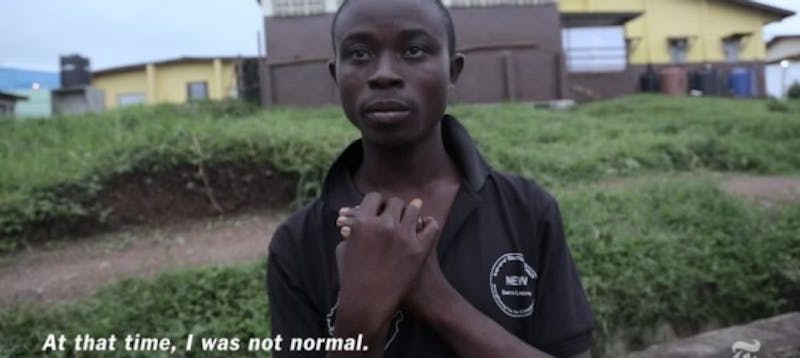Make a Donation
Align with our mission to create lasting change. Your involvement can power our global initiatives, bringing hope and progress to communities in need.

When the 2014 Ebola virus hit, countries were left decimated and thousands were affected. As of August 4, 2015, the CDC estimated that there were 27,898 suspected and confirmed cases and 11, 296 deaths as a result of Ebola.
But to many individuals in West, these statistics are just that. However, the reality is that despite the near eradication of Ebola in the countries hardest hit (Senegal, Sierra Leone, and Liberia), lasting effects are continuing to impede progress for these countries and others nearby. It’s reported that 13,000 people actually survived the virus.
The Facts:
But there are strides being made to help survivors of Ebola. Aside from World Nations committing $5 billion in aid and the African Union jumpstarting it’s “Africans helping Africans” campaign, some survivors are taking recovery matters into their own hands. For example, in Freetown, Sierra Leone, survivor Yusuf Kabba formed the Association of Ebola Survivors to help educate individuals about the virus and help survivors deal with the emotional trauma and stigma they face in their communities.
Survivor Erison Turay of Freetown also started an association to bridge the gap between survivors and community members by starting the Kenema Ebola Survivors Football Club. And thanks to documentarian, Ben Solomon, you can see for yourself how Turay is using soccer to unite his community:
(Photo courtesy of NY Times)
Align with our mission to create lasting change. Your involvement can power our global initiatives, bringing hope and progress to communities in need.